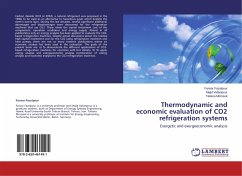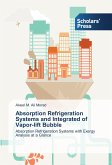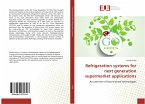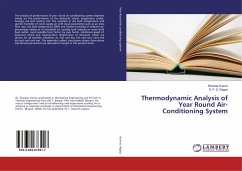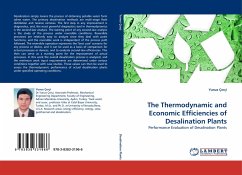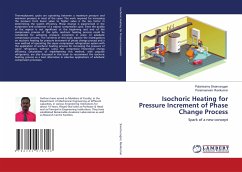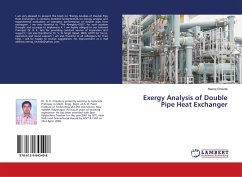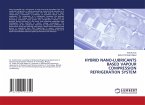Carbon dioxide (CO2 or R744), a natural refrigerant was proposed in the 1990s to be used as an alternative to hazardous gases which deplete the earth's ozone layer. During the last decades, several significant additional advantages and disadvantages were discovered for the refrigeration machines that use CO2. These relate the capital investment cost of the components, operation conditions and energy supply. Almost in all publications only an energy analysis has been applied to evaluate the CO2-based refrigeration machines. Despite actual discussions about the relative high capital investment cost for the CO2 using refrigeration machines and heat pumps, there are not so many research publications where an economic analysis has been used in the evaluation. The goals of the present book are: a) To demonstrate the different applications of CO2-based refrigeration machines for countries with hot climate. b) To apply exergy analysis and exergoeconomic analysis (combination of exergy analysis and economic analysis) to the CO2 refrigeration machines.
Bitte wählen Sie Ihr Anliegen aus.
Rechnungen
Retourenschein anfordern
Bestellstatus
Storno

